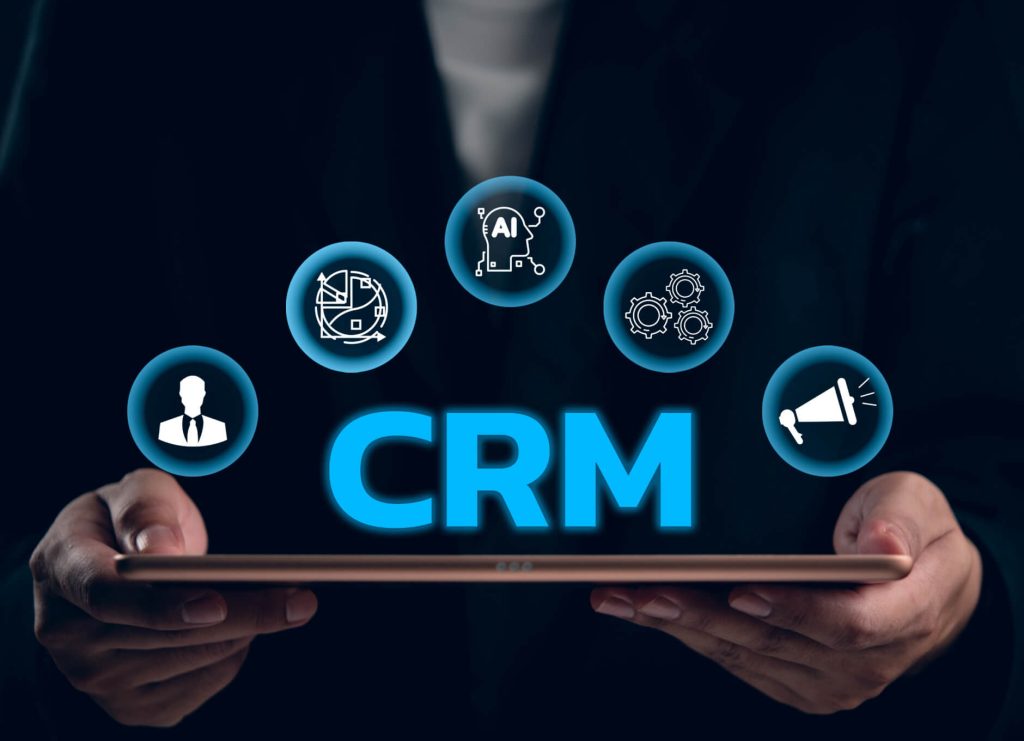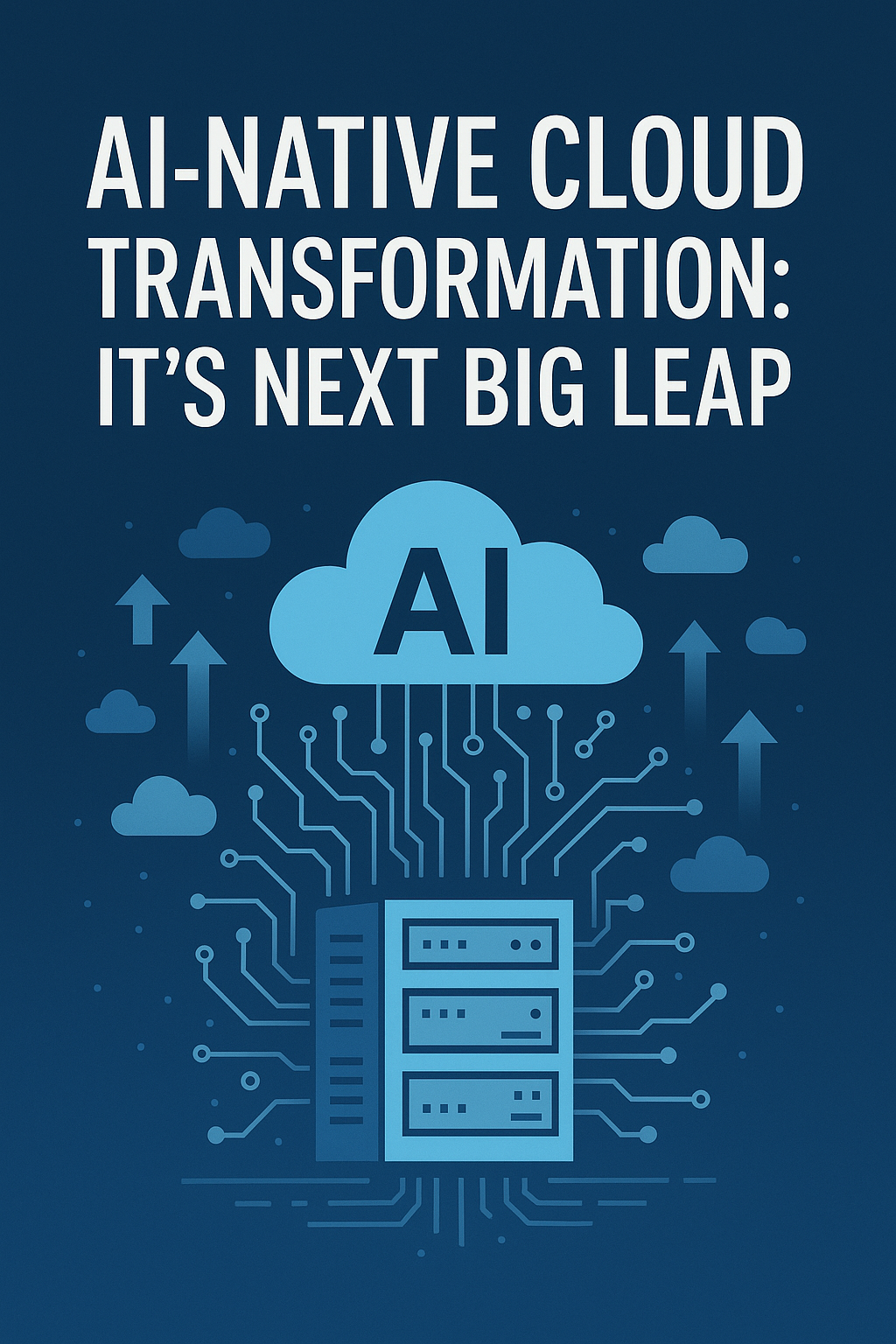CRM and customer experience are no longer just about data storage or contact records. In today’s digital-first world, they’re the heartbeat of strategic innovation. The future of CRM promises a smarter, more intuitive way to engage customers—particularly in the B2B space, where complexity meets the demand for personalized connection.
Beyond 2025, businesses will need CRM systems that not only collect data but also act on it. This shift will be driven by automation, intelligence, and empathy. The convergence of tech trends and human expectations is reshaping the CRM landscape as we know it.
AI-Powered Personalization Will Transform CRM and Customer Experience
CRM and customer experience are becoming inseparable thanks to AI. Today, personalization means suggesting the right product. But tomorrow? It will mean anticipating the customer’s next move.
Imagine CRMs that analyze browsing behavior, previous interactions, and even tone of voice to tailor each touchpoint. Not only will AI recommend solutions, it will time them perfectly. The future of CRM is about proactive engagement. By 2026, expect AI engines to deliver full-context communications, turning routine interactions into memorable experiences.
And here’s the best part: it’s not just B2C. B2B companies will harness this power to offer bespoke experiences to each stakeholder across the buyer journey.
Predictive Analytics Will Redefine Business Strategy
CRM and customer experience have traditionally been reactive. You respond after a customer calls. You act after churn happens. Predictive analytics flips this script.
The future of CRM will use data to foresee customer needs before they arise. By identifying behavioral patterns, CRMs will predict which accounts are likely to churn, which are ready for upselling, and when the right time is to engage.
Sales teams will become more efficient. Marketing will be more strategic. Customer success? More proactive. With predictive insights embedded in daily workflows, B2B companies can fine-tune decision-making and resource allocation.
Voice-Activated CRM Will Be the New Normal
Typing is slow. Navigating dashboards is clunky. That’s why the next frontier of CRM and customer experience lies in voice.
Thanks to natural language processing, professionals will soon be able to interact with CRMs just by speaking. Need a list of warm leads from Q2? Just ask. Curious about how a campaign performed? Speak it aloud.
Voice-driven CRMs will make data access seamless. They’ll also break barriers for non-technical users, giving every team member direct access to insights without needing specialized training. The future of CRM is hands-free, fast, and accessible.
Omnichannel Experience Will Become a Core Requirement
CRM and customer experience are about meeting customers where they are—and that’s everywhere. Email. Chat. Phone. WhatsApp. LinkedIn. Customers expect seamless transitions.
In the future of CRM, omnichannel integration will no longer be optional. It will be the baseline. Unified inboxes, context-aware messaging, and synchronized customer histories across platforms will create consistent experiences.
For B2B companies handling long sales cycles and multiple stakeholders, this means fewer missed signals and more relevant conversations. Every channel, every message, and every user interaction will be tracked and optimized.

Real-Time Collaboration Will Be Embedded in CRM
Sales, marketing, and support often operate in silos. That has to change. The future of CRM is collaborative.
Next-generation platforms will include real-time project management, internal messaging, and shared dashboards. Everyone will work from the same data, leading to better alignment and faster responses.
For example, when a customer escalates a concern, the CRM will instantly notify both the account manager and support team. That kind of agility boosts customer trust and internal accountability. CRM and customer experience are strongest when everyone works as one.
Privacy and Ethical AI Will Define CRM Trust
CRM and customer experience rely on trust. Customers are more conscious of how their data is used. In response, CRM platforms must evolve with security and ethics in mind.
Encrypted databases, opt-in consent models, and transparent AI logic will become standard features. Companies will increasingly choose vendors that prioritize explainability and fairness in their algorithms.
B2B firms in finance, healthcare, or legal sectors will demand rigorous compliance features. The future of CRM will blend tech innovation with ethical boundaries—and that’s a good thing.
Low-Code and No-Code CRM Customization
Not every business has a dedicated IT team. That’s why CRM systems are shifting toward low-code and no-code architecture. With drag-and-drop tools, non-technical users can build workflows, design dashboards, and automate tasks.
CRM and customer experience improve when users feel in control. No more waiting weeks for tech support. Changes can be implemented instantly by the people closest to the customer.
Small and mid-sized B2B firms, in particular, will benefit from this agility. The future of CRM empowers every user to shape their experience.
CRM Will Evolve into a Revenue Intelligence Platform
The days of CRMs serving only sales are over. The modern CRM will integrate marketing, service, and finance to create a comprehensive revenue engine.
This means tracking customer lifetime value, marketing ROI, onboarding efficiency, and even product feedback—all in one place. CRM and customer experience will unite under a shared goal: sustainable, predictable growth.
By centralizing all revenue-driving functions, businesses can make informed decisions and course-correct in real-time. The future of CRM is data-rich and insight-driven.
Embedded Intelligence in Every Interaction
Customers don’t want to repeat themselves. They don’t want irrelevant offers. Embedded intelligence ensures that never happens.
Every touchpoint—email, chat, phone call—will be enhanced with customer history, sentiment analysis, and behavior predictions. The result? Smarter, faster, more relevant conversations.
CRM and customer experience become seamless when intelligence is everywhere but invisible. The technology fades. The relationship shines.
Hyper-Automation With a Human Heart
Automation is powerful. But it’s not enough. Customers want to feel seen, not processed.
The future of CRM balances automation with empathy. Yes, appointment reminders and follow-ups can be automated. But the message tone, timing, and channel must be human-centric.
Hyper-automation will handle the routine. Humans will handle the meaningful. Together, they create the kind of experience that keeps customers loyal.
A Human-Centered Future for CRM and Customer Experience
The future of CRM is not about tech for tech’s sake. It’s about deeper relationships, smarter decisions, and more meaningful interactions. As AI, voice tech, and automation evolve, they must serve one ultimate purpose: helping people connect.
CRM and customer experience will become less about databases and more about empathy. Less about contact management and more about trust. The companies that embrace this mindset—especially in the B2B world—will not only survive beyond 2025 but lead it.




